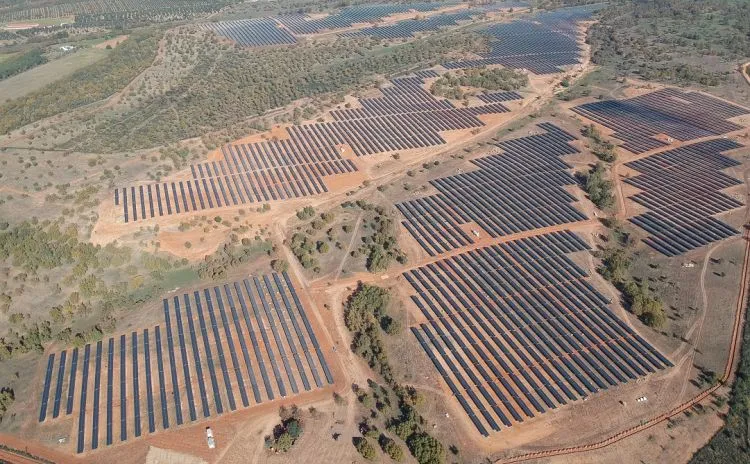Power price volatility driving demand for shorter, more advanced PPAs
- Shorter power acquisition contracts (PPA) might become extra commonplace in Europe's solar market as developers strive to bring on more companies and energies as offtakers, according to a panel of sector leaders.

Lee Moscovitch, companion at UK-based possession supervisor Greencoat Funding, informed panelists at the Solar Money as well as Investment Europe online event today (4 February) that the UK market is beginning to see possible offtakers requesting shorter PPA sizes with much more innovative cost structures to reduce the risk related to price volatility in the power market.
" What we're starting to see more slipping in is either much shorter term PPAs with set price, people asking you to rate [a] month in advance, or baseload rates, considering forming price ahead and also who takes that risk," he said, adding there has also been operate in "pricing in floorings as well as discounts to market."
While a PPA may have generally competed between 15 and also twenty years, a stable flow of much shorter contracts has actually arised in recent times. PV designer Solaria signed a 10-year handle Covering Energy Europe last month for 6 solar plants in Spain with combined capacity of 300MW shortly after Danish renewables team Better Energy secured a seven-year PPA with pharmaceutical business Lundbeck.
As implementation swiftly ranges up across Europe, PPAs are readied to end up being a dominating force in the continent's project financing. Software application firm Pexapark estimates that as much as 10GW of capacity could be acquired under long-term arrangements by the end of this year. Although the majority of contracts are held by designers in Spain, where the solar sector is elder, Luca Pedretti, Pexapark's chief executive and founder, thinks Germany could come to be a solid competitor due to nation's spreading of commercial and also business firms with stronger liquidity.
Nonetheless Fernando de Juan Astray, head of source, structured and also long-term items for Axpo Iberia, resembled the sentiments around PPA length as well as sophistication, believing calls are becoming more standardised as offtakers as well as developers look for to mitigate their very own rate threat.
" There's an excess today, specifically in hot nations," he said, including that these supplies are "actually establishing price levels and also if you want to unload dangers and also bush, after that you have to pay some risk premiums".
" That's why in our sight the marketplace has often tended towards even more standard structures, more baseload-y frameworks where risks are more convenient from the offtaker's point of view."
As solar power rates get parity on the grid, he claimed, "there has to be a proper danger evaluation as well as consequently choose on that particular risk. That's where we have actually seen, frameworks would certainly often tend to be much shorter term, maybe 5 years rather than 10, 12, 15 which they were before, there are less pay-as-produce structures, maybe mosting likely to a base-load framework." Astray included that more financially complicated frameworks such as month-to-month assessing and also much shorter term contracts "would certainly increase your PPA prices".
Olivier Bardet, head of international rates as well as structuring of Enel Environment-friendly Power, added that European PPAs are "becoming extra monetary as well as this development is good while the marketplace is producing hedging solutions to every person."
However, Bardet later on kept in mind that new implementations and also projects are still the driving force behind long-lasting power agreements. Although brand-new implementation is required as the global energy transition proceeds, he warned that the solar industry will certainly require to think seriously regarding remarketing existing power plants in the future.
" It's a market that's driven a lot by additionality," he stated. "Existing plants have smaller cover than brand-new plants and also somehow this power, somehow problems existing plants' marketing, and in future will certainly need to think of exactly how to change that and also make existing plants attractive."
Also read

